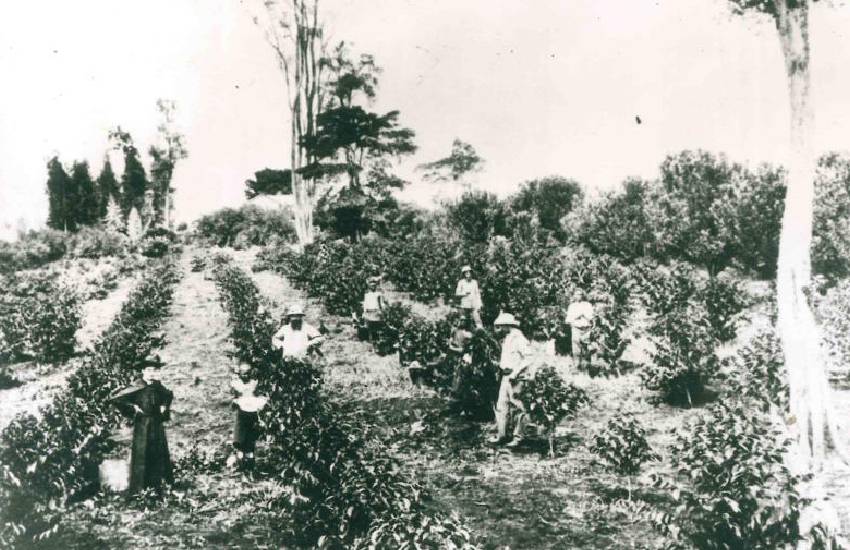
Just as the miniscule mustard seed begins, before blossoming into a gigantic tree, so was coffee-growing in Kenya. Long before colonial settlers appropriated huge chunks of choicest lands in what would later be christened Kenya, their harbingers, the missionaries had already smelled the coffee, literally speaking.
Some accounts, such as one published in Olam Specialty coffee blog, traces the first seeds of this aromatic beverage to Reunion Islands. The story goes that on August 12, 1899, when the train from Mombasa arrived in what is today known as Nairobi, a French Blanchard Dillenseger allied to the Holy Ghost Fathers disembarked from it, carrying with him 100 coffee beans.